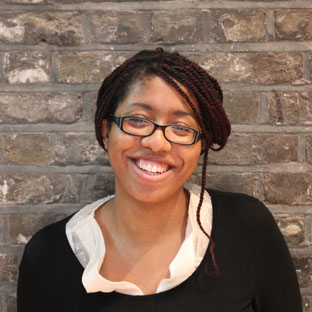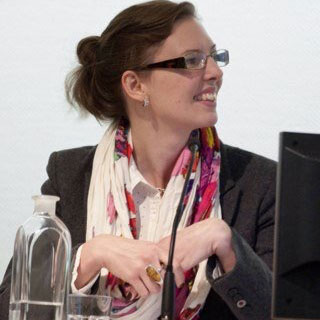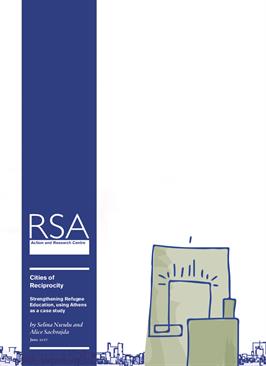There are 63.4 million forcibly displaced people worldwide, 21.3 million of whom are under the age of 18 (four times the number estimated in 2007). The displacement of people is a defining issue of this century. This report reviews the current nature of global displacement and reflects on some of the key debates in this area.
After basic needs of food, shelter and healthcare, education is paramount. Education will allow refugee communities to progress and develop, and will begin to sow seeds of hope for the future. One of the most striking findings is the length of time that refugees will spend in limbo: often equivalent to a child’s entire early education. Many children will face the prospect of uncertain, patchy education as a result of their displacement.
Given it’s unlikely that many of the 21.3 million displaced children will return to their homes, it's vital that authorities start to pay greater attention to their educational needs. Beyond policy and the political sphere, there's also vast potential for innovative solutions to develop within and between cities. We hope that our analysis will inspire city leaders to leverage the power of city connections and foster acts of reciprocity in order to provide education for displaced children in future.
The report focusses on Athens as a case study, a focal point for dealing with large numbers of refugees. The shifting context in Greece, and Athens in particular, and the breadth of education initiatives, shows how a city-wide approach can incorporate players from both within and beyond the education system to support and implement refugee education in unstable conditions. We recognise that harnessing city networks can lead to positive social change, both locally and globally.
We make the following calls for change:
- We need to move beyond the narrative of refugee ‘crisis’ to one of opportunity and cooperation.
- We need to embrace technology to enable better responses to educate refugee young people.
- Global connectors (including the RSA, and the many other bodies that convene networks of individuals and organisations) can support this, through networks which share and champion best practice with respect to refugee education.
- Beyond the policy and political sphere there are many influential organisations at the city and neighbourhood level that could do more to support one another to achieve their aims and objectives. Collectively, a greater focus on connection and reciprocity would help to achieve this goal, making the most of grassroots support and the contributions of citizens and refugees themselves.
Download 'Cities of Reciprocity' (PDF, 0.5 MB)
pdf 449.9 KB
Contributors


